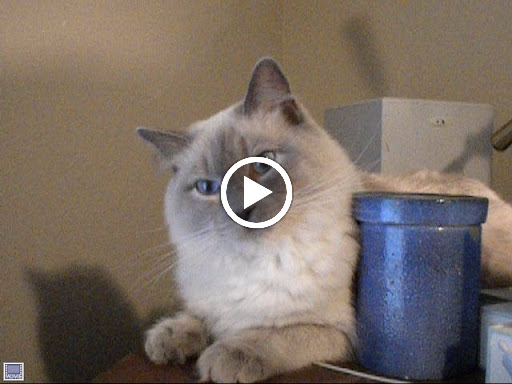How milk and cheese protect the heart
More mainstream lies are being put out to pasture -- because a new study proves that the fatty dairy foods you've been told to avoid are actually good for you.
The Swedish study found that people who eat the most dairy fats have the lowest heart risk -- especially women, who can slash their odds of a heart attack by more than a quarter by simply enjoying more delicious milk and cheese.
Sound familiar? If you're a Dose reader it does -- because I've never been afraid of dairy fats, and I'll tell you the best way to get yours in a moment.
But if you've fallen for the old bait-and-switch at the supermarket and traded in real dairy for skim milk and soy cheese, the study in the American Journal of Clinical Nutrition shows what you've been missing.
Researchers recruited 1,000 volunteers -- 446 heart attack patients, and 556 who were healthy -- and tested them for pentadecanoic acid and heptadecanoic acid, two biomarkers of milk fats.
Don't worry about pronouncing those names, just make sure you get them in your body -- because the researchers found that women with the highest levels had the lowest heart risk: They were 26 percent less likely to suffer a heart attack. Men enjoyed a 9 percent drop in heart risk.
Still feel like nibbling on that low-fat cheese stick?
But don't rush off to swap your skim for whole just yet. If you REALLY want the benefits of dairy fats, you'll need to skip the supermarket altogether and go right to the source -- because nothing packs the pure nutritional punch of farm-fresh raw milk.
Raw milk contains the highest levels of absorbable calcium, essential fatty acids and critical nutrients like vitamins B12 and B6. It also tastes a heck of a lot better than that watered down factory garbage.
The only problem is getting it: Big Dairy has blocked any move at making raw milk accessible. Every state has different laws regarding raw milk. Your best option is to call your local dairy farm -- you may need to speak in code, but they can probably help you out.
